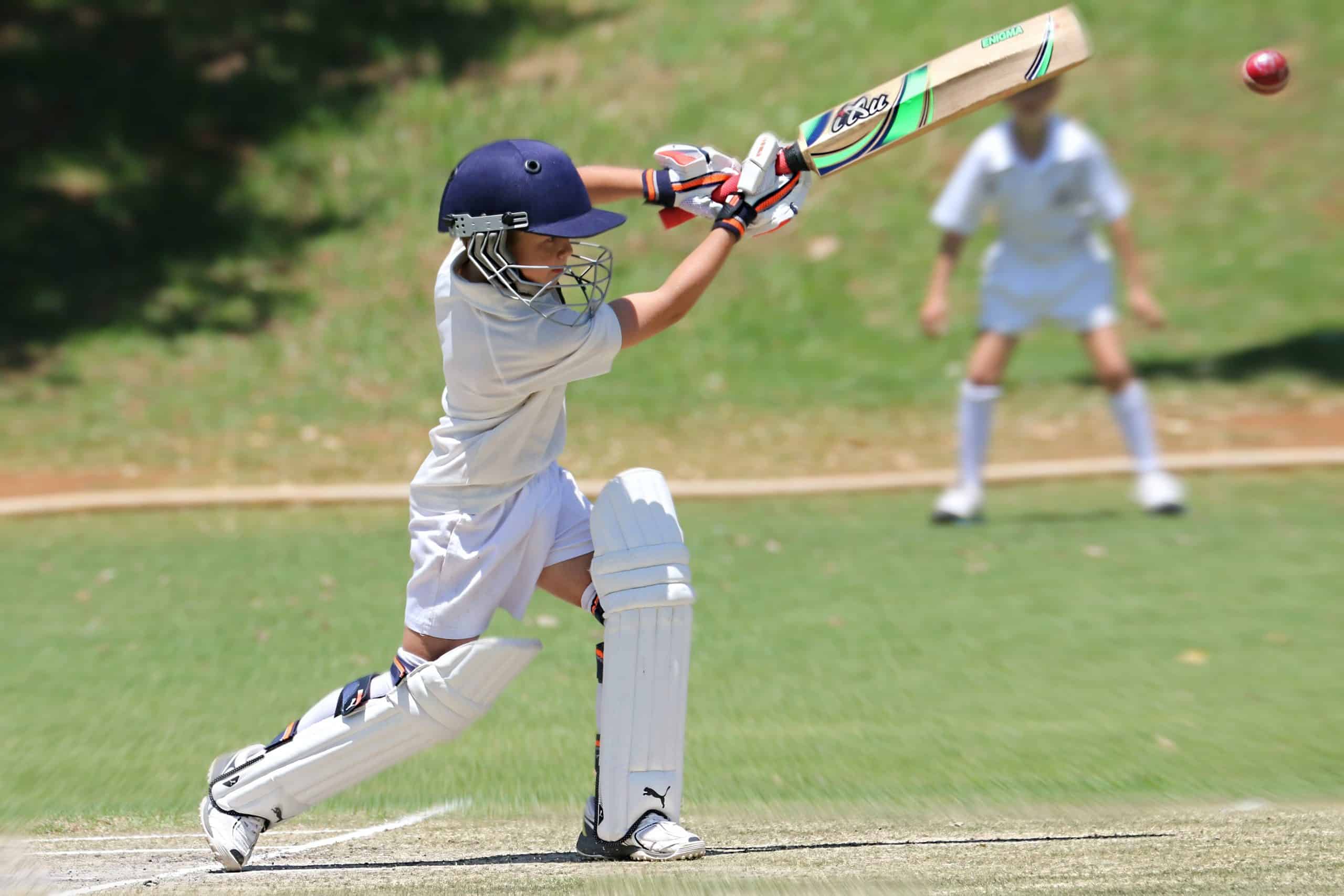A community amateur sports club (CASC) has lost its case at the Court of Appeal (CoA) where it wished to take advantage of zero-rated VAT supplies of construction services and materials. Part of the club’s pavilion had been damaged in a suspected arson attack and the club wished to rebuild. After obtaining quotes from builders the club requested that they zero-rate the supplies as they considered they were a charity, they only had charitable objects within their constitutional documents. The builder didn’t zero-rate the supplies but the club asked for a refund and when HMRC declined the club appealed this decision. The club had compared themselves to another local club that was registered as a charity. The club in question was only registered with HMRC as a CASC.
The club held that as the club only had charitable objects that it met the definition as a charity for tax purposes. The definition of a charity for tax purposes changed in 2012 to ensure that charities formed in other parts of the EU could obtain the tax benefits that UK charities could avail themselves of. At the same time, a fit and proper test was included to ensure that only fit and proper people could obtain the tax benefits offered to charities. The legislative changes for tax purposes then referred back to the Charities Act for the meaning of charitable purposes and the club met the definition of charitable purposes.
Within the Charities Act a deeming provision states that CASCs are not charities. This statement is not qualified in anyway.
The CoA held that this statement is a statement of general law and even though the definition of a charity for tax purposes didn’t refer to the exclusion of the CASCs the general statement of law meant that CASCs couldn’t be considered charities since they were excluded from general recognition as charities. The fact there was a separate tax definition of CASCs within the same legislation as definition of charities for tax purposes didn’t help the club’s argument. The CoA dismissed the appeal and the club could not obtain a refund of VAT.
The decision can be found at: Eynsham Cricket Club v Revenue & Customs – Find case law (nationalarchives.gov.uk)
This case has implications for all CASCs in the UK. While the regulatory environment for CASCs is very light it may worth considering whether any club may wish to register as a charity, where their objects allow. This has significant implications for administrative processes of clubs but it can lead to considerable tax savings.
Please contact us if you have any questions with the zero-rating of building supplies to charities. As this case highlights CASCs cannot obtain this particular tax advantage.



